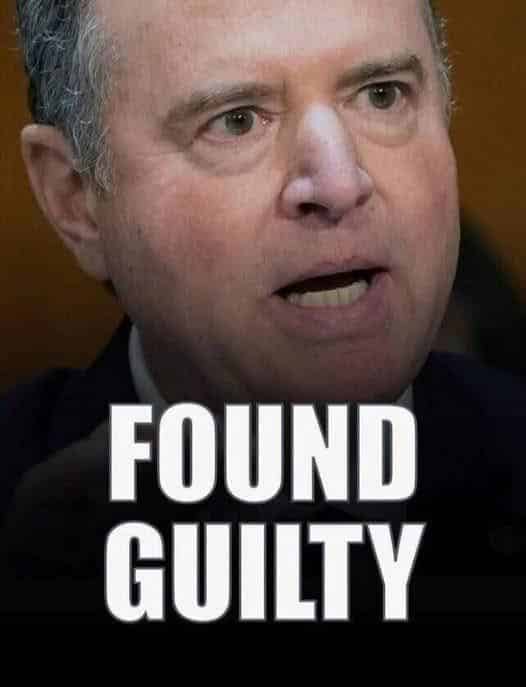FBI Interview Summaries Spark Allegations Against Rep. Adam Schiff
Newly released FBI interview summaries have reignited debate over the Trump–Russia investigation, with allegations that Rep. Adam Schiff (D-CA) authorized leaks of classified information in an effort to politically damage former President Donald Trump.
The Whistleblower’s Claims
The allegations stem from a whistleblower described as a former Democratic intelligence officer. According to their account, Schiff instructed staff on the House Intelligence Committee to leak material deemed “derogatory” to Trump in order to strengthen the broader “Russiagate” narrative. The source further alleged that Schiff had ambitions of becoming CIA Director under a Hillary Clinton presidency, and after her defeat, sought to undermine Trump’s administration through selective leaks.
Representative Eric Swalwell (D-CA) was also named as a possible conduit, though he has firmly denied any involvement, dismissing the claims as inaccurate and politically motivated.
Media and Narrative Shaping
The whistleblower suggested that some of the leaks may have reached Washington Post reporter Ellen Nakashima, whose coverage was pivotal in shaping public perception of the Trump–Russia story. According to the source, the purpose of these disclosures was not to protect national security but to advance a partisan agenda.
Denials and Political Fallout
Both Schiff and Swalwell deny any wrongdoing. Schiff has not publicly commented in detail on the interview summaries but has long rejected accusations of misconduct related to the Trump–Russia investigation. Swalwell has called the allegations baseless and politically charged.
The FBI materials, while fueling controversy, do not constitute formal charges. The whistleblower says they reported the alleged leaks to authorities but were later dismissed from their position, raising further questions about credibility and motive.
Why It Matters
If proven true, the allegations would highlight the blurred lines between congressional oversight and partisan maneuvering at a critical juncture in U.S. politics. But as of now, they remain unverified claims — fiercely contested, politically loaded, and likely to remain a flashpoint in debates over transparency, intelligence, and power in Washington.
